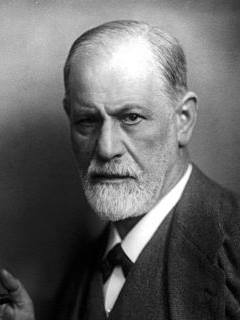
Publication details
Publisher: Palgrave Macmillan
Place: Basingstoke
Year: 2015
Pages: 7-23
ISBN (Hardback): 9781349475278
Full citation:
, "Multiculturalism, religion and counselling", in: Therapy, culture and spirituality, Basingstoke, Palgrave Macmillan, 2015


Multiculturalism, religion and counselling
freedom to heal
pp. 7-23
in: Greg Nolan, William West (eds), Therapy, culture and spirituality, Basingstoke, Palgrave Macmillan, 2015Abstract
Religion and psychology have not always been comfortable bedfellows. Historically, religion has been marginalised in mainstream psychology (Emmons & Paloutzian, 2003). For example, Sigmund Freud presented religion and spirituality as neuroses and forms of denial that limited, rather than enhanced, insight into one's inner world (Galanter, 2005). Psychologists emulated Freud's anti-religious stance through much of the 20th century, regarding religion and spirituality as defence mechanisms used to justify or deny certain maladaptive behaviours and emotions (Aten & Leach, 2009). Even today, psychologists as a group are far less religious than the population as a whole. For example, an American survey found that compared to the rest of the population, psychologists are "twice as likely to claim no religion, three times more likely to describe religion as unimportant in their lives and five times more likely to deny belief in "god" " (Delaney et al., 2007, p.542). An overwhelming proportion of Americans (95%) believe in "god" and almost half (40%) attend a weekly worship service (Plante, 2009), and 80% of Canadians claimed a religious affiliation on the 2011 census. Meanwhile, psychologists tend to adopt a scientific or naturalistic view of the world (Carone & Barone, 2001).
Cited authors
Publication details
Publisher: Palgrave Macmillan
Place: Basingstoke
Year: 2015
Pages: 7-23
ISBN (Hardback): 9781349475278
Full citation:
, "Multiculturalism, religion and counselling", in: Therapy, culture and spirituality, Basingstoke, Palgrave Macmillan, 2015

